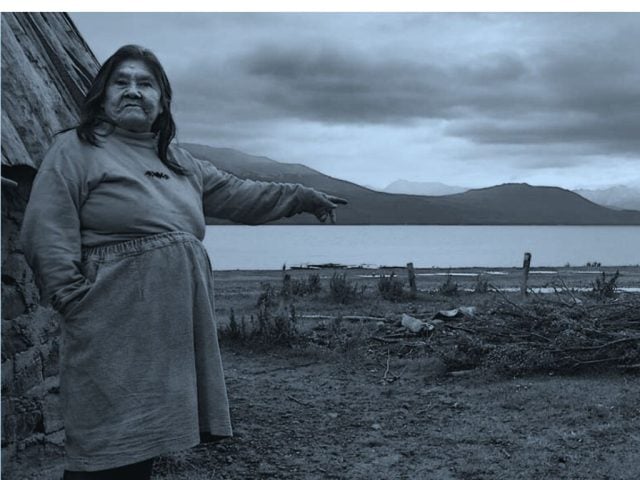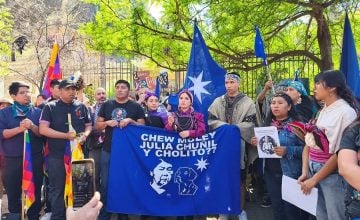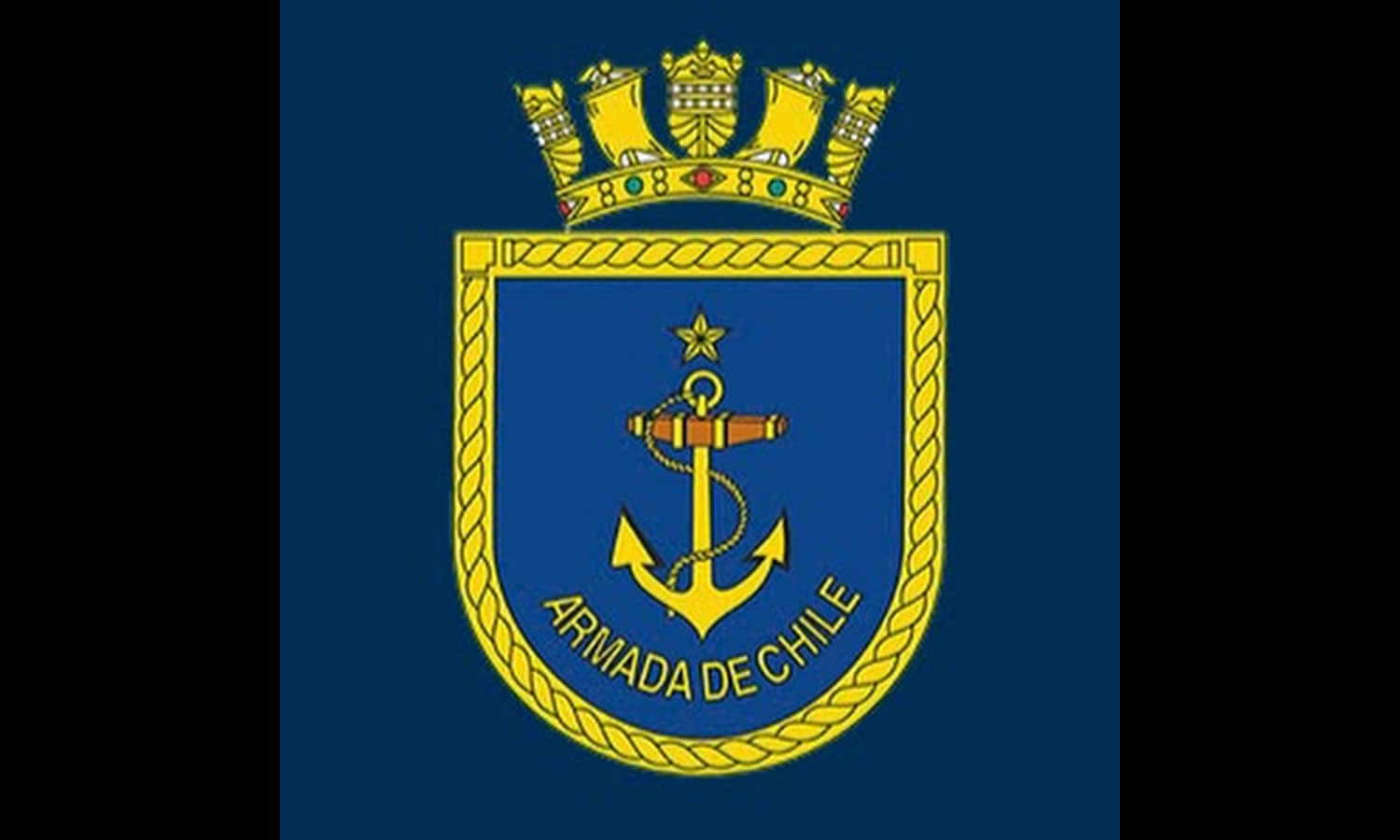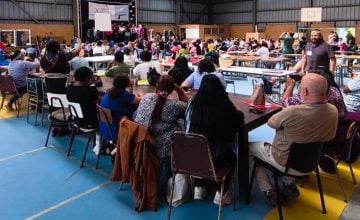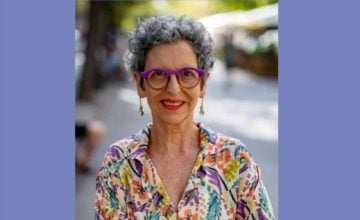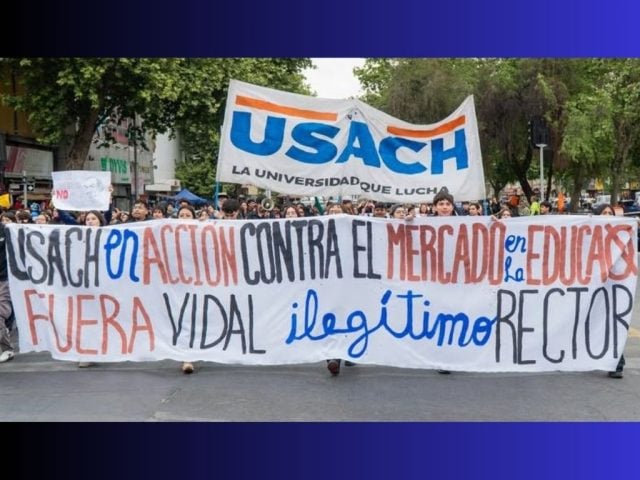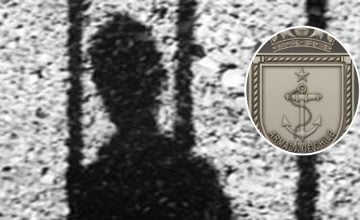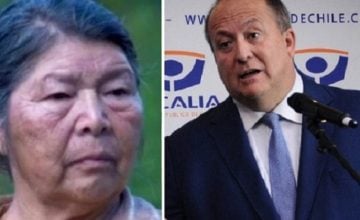Original article: Despojo y ofensa del Estado: familia yagán recurre a la justicia para frenar desalojo solicitado por la Armada
In the southernmost region of Chile, a Yagán family from Bahía Mejillones (Katushwea sector, Puerto Williams)—direct descendants of Úrsula Calderón (1923–2003) and Cristina Calderón (1928–2022, Human Treasure 2009) as their great-aunt—has filed a protection request with the Punta Arenas Court of Appeals to halt the eviction sought by the Navy. The petition invokes the ILO Convention 169 (concerning free, prior, and informed consent) and highlights violations of rights; this action is viewed as a historical and cultural dispossession and can be interpreted as an offense by the State.
How the Conflict Arose
The situation began with Official Letter No. 169, dated October 1: the Provincial Presidential Delegation of Chilean Antarctica notified the family that they must either regularize their situation through maritime concession or evacuate within 20 working days, warning of the use of public force. The family sees this demand as unacceptable, arguing that Bahía Mejillones—their home and workplace—was returned to their community in 1994 in accordance with the Indigenous Law.
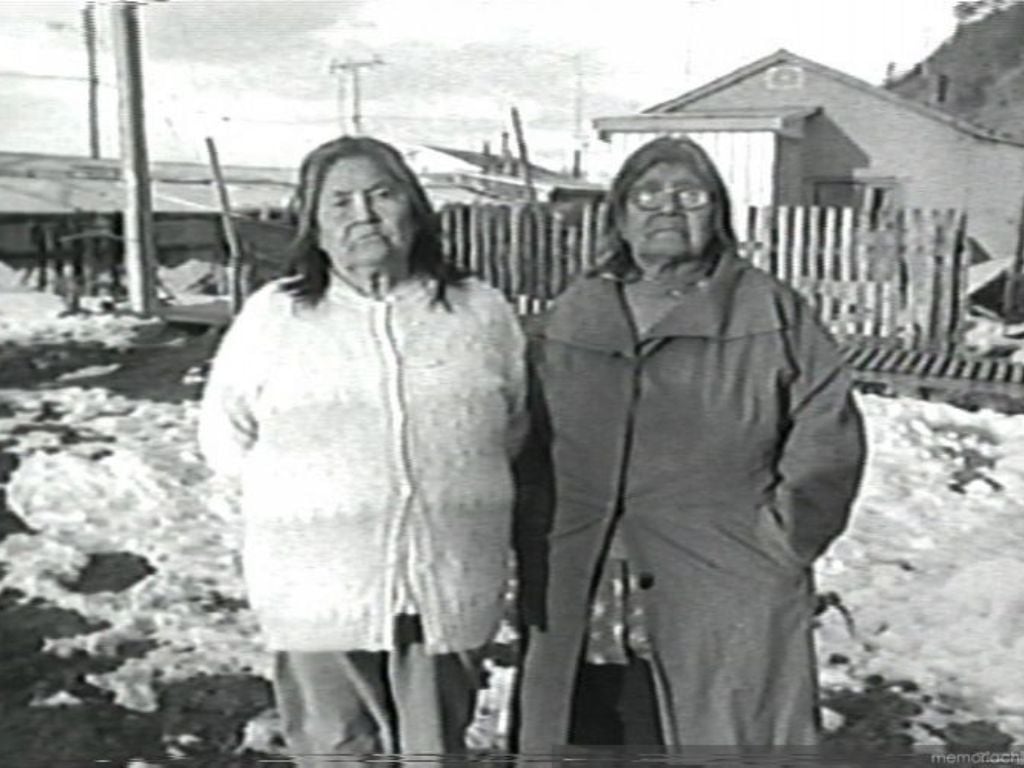
Why the Case is Headed to Court
The Yagán family is seeking a stay order to suspend any eviction while the court examines the merits of the case. They are also requesting that Conadi report on the titles of the Indigenous Community Yaghan Bahía Mejillones registered in the Indigenous Lands Registry and that the Delegation provide all documentation supporting the action. The rights violations cited in the request, in addition to those related to ILO Convention 169, include psychological integrity, honor, equality before the law, freedom of conscience, and property rights.
«Evicting us without hearing us first is depriving us of our right to exist there, alongside the sea,» states the petition—as reported by La Prensa Austral. The document also describes the family workshop as a «living museum» and a space for cultural transmission.
The Voice of the Family
Claudia González—a Yagán artisan and daughter of Martín González Calderón—described, in the previously mentioned media outlet, the implications of the ultimatum:
“I am being evicted from the land in Bahía Mejillones, Katushwea sector. I received an eviction ultimatum from the Chilean Navy in conjunction with the Provincial Presidential Delegation, to remove my home, boat, and all our belongings due to alleged ‘illegal occupation’.”
She emphasized the cultural impact of displacement:
“They want to remove us from the place where I develop these works, where I obtain raw materials and pass on to my family what my parents and grandparents taught me there. They are asking me to dismantle and leave the home and workshop where my father, Martín González Calderón, lived, worked, and taught us Yagán culture. Surely all these ‘authorities’ will come back at some point to take pictures and make nice speeches for show.”
She also mentioned the mobility restrictions:
“The Navy infringes many of our rights. The prohibition of sailing and many restrictions on us as a people harms us because we cannot sustain our traditions of freely navigating.”
“What the Chilean Navy, the government, and the Indigenous Development Corporation Conadi are doing is shameful, violating the minimal rights we have.”
What the Authorities Say
When previously consulted by La Prensa Austral, the Provincial Delegation explained that the Navy oversees irregular occupations on public property under its jurisdiction and notifies those who lack title for the coastal area. They stated that they summoned the user to guide the regularization and clarified that «there is currently no active eviction order, but a regularization process in progress», adding that if no progress is made or no responses provided, the Captaincy could request eviction using public force.
Historical and Cultural Context
This region of Tierra del Fuego saw the Selk’nam, Kawésqar, and Yagán peoples subjected to a colonial process that nearly led to their extermination—both culturally and physically—explaining the current scarcity of other indigenous communities in the region. In the case of the Yagán, state policy displaced surviving families and confined them to Ukika, on the urban periphery of Puerto Williams, alienating cultural expressions and restricting mobility across channels and islands to reclaim their traditional spaces. According to available data, the Yagán have inhabited these territories for over 9,000 years.
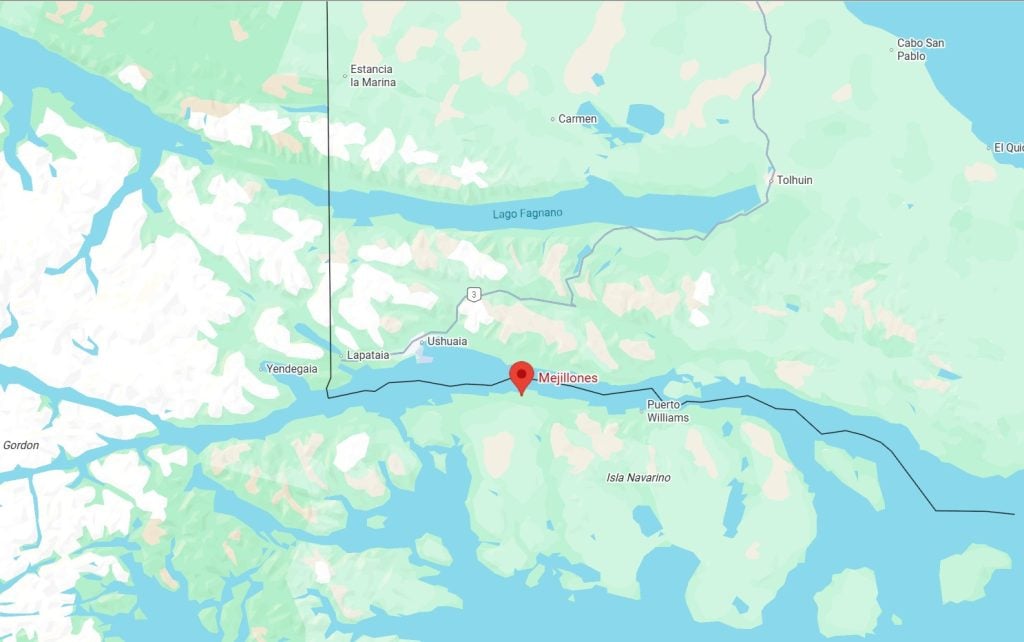
Living Memory of the Calderón Lineage
Úrsula Calderón (1923–2003) is remembered for her determination to teach the language, legends, and weaving techniques to the younger generations of the Yagán people. For decades, she was a primary source for researchers from around the world. She passed away at the age of 79 in Punta Arenas on April 16, 2003, and was laid to rest with a grand ceremony in the Bahía Mejillones cemetery; her family received condolences from various countries. She was the mother of Julia, Martín, and José, and sister of Cristina. Claudia González is the granddaughter of Úrsula through the paternal line (Martín González Calderón), a genealogical detail relevant to establish cultural belonging and identity in the territory.
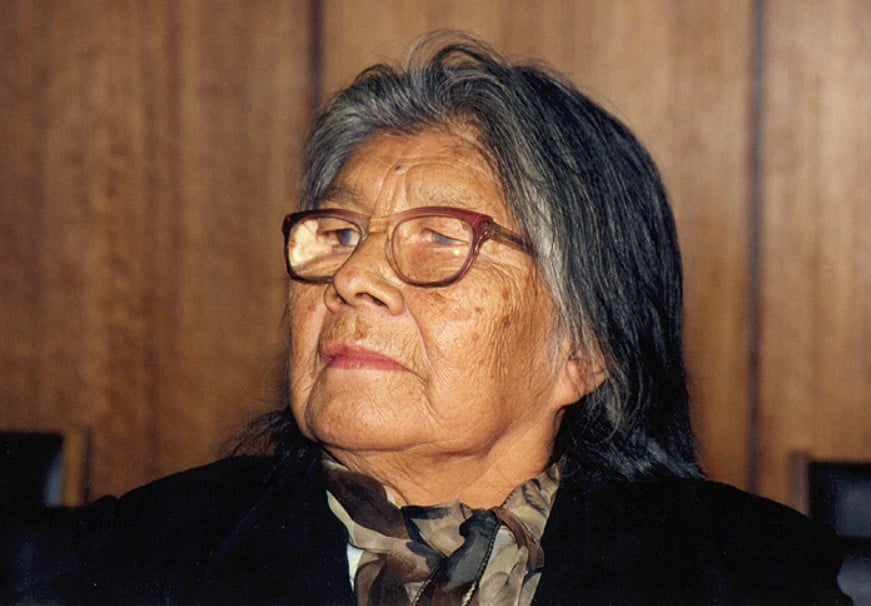
Cristina Calderón Harban (1928–2022), a Living Human Treasure since 2009, was recognized as the custodian of the Yagán language and culture. Born in Puerto Róbalo, she lived in Caleta Eugenia, Puerto Navarino, and Picton Island. Together with her granddaughter Cristina Zárraga, she documented the language and oral heritage; in 2016, the biography Cristina Calderón. Memories of My Yagán Grandmother was published. In Claudia’s family tree, Cristina is her great-aunt, further reinforcing the direct connection of the family to cultural transmission and the living memory of the Yagán people in the Fuegian archipelago.
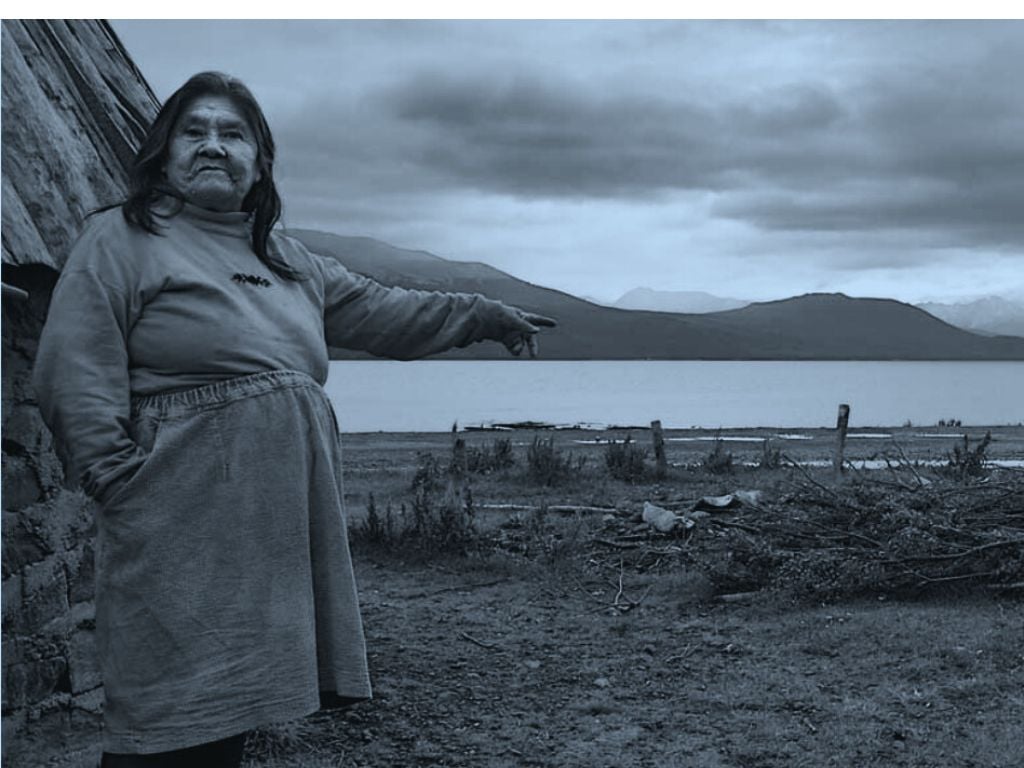
Rights at Stake and State Offense
In a sparsely populated region like Magallanes, the inventory of indigenous communities by municipality is public and verifiable. Additionally, the family argues that Bahía Mejillones and the area were returned to their community in 1994 under the Indigenous Law, making it contradictory to demand a maritime concession under the threat of eviction from their own space. Moving towards removal without consultation or consent (standards of Convention 169) erodes cultural and rooted rights, disregards the continuity of a «living museum,» and undermines the legitimate trust established by the restitution. This combination renders the action akin to dispossession and can be interpreted as a State offense.
The case is now in the hands of the Punta Arenas Court of Appeals, which must address the stay order and the requests made to Conadi and the Presidential Delegation. Meanwhile, the family insists on a regularization process with effective participation and the protection of their workshop as a living space for cultural transmission.
